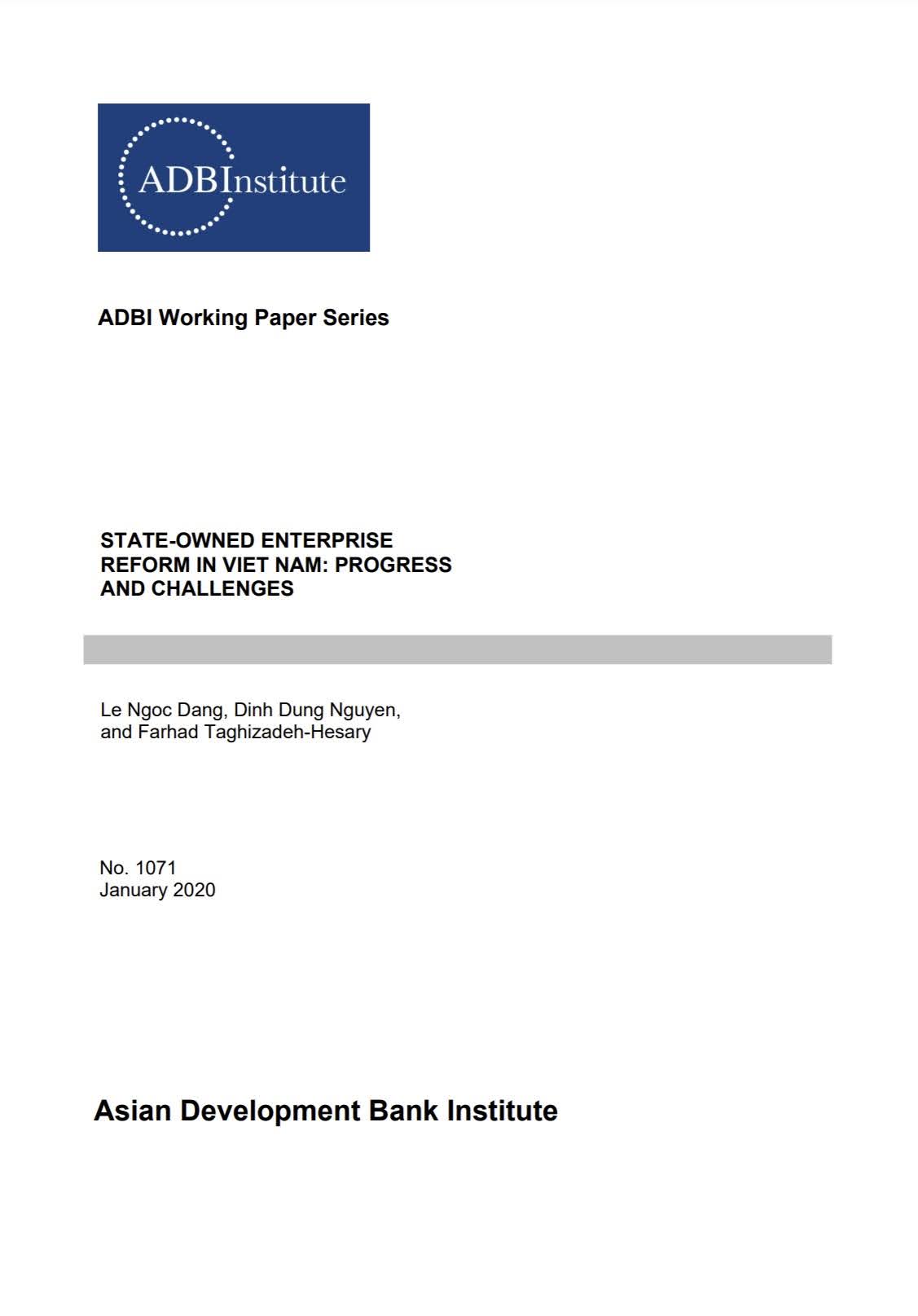State-Owned Enterprise Reform in Viet Nam: Progress and Challenges

State-owned enterprise (SOE) reform is one of the three priority pillars in restructuring Vietnamese economy in order to foster and sustain economic development during regional and global economic integration. Although certain progress has been achieved, SOE reform is still regarded as a sensitive and defective area and thus requires a huge effort from the government.
The difficulty in the valuation process, with only a small portion of auditing implementation, and the lack of information transparency in SOE performance reduce the confidence of and attractiveness to strategic investors in IPOs. In order to foster the SOE privatization process, overarching and comprehensive regulatory-related solutions should be considered. Rather than only measuring SOE performance based on profitability, diversified criteria including per capita productivity, per capita costs, debt due days, and solvency, should be taken into consideration. Furthermore, enhancing firm valuation by a transparent and functional auditing process with a functional information disclosure management will pave the way for more effective SOE reforming. Government commitment in only retaining the large portion of state ownership in the core industries and significantly divesting ownership in others will attract more strategic investments. Moreover, developing domestic stock market creates an enabling environment for SOE reform will facilitate SOE acquisition, restructuring as well as the privatization process, since fostering SOEs—especially large ones—to list on the stock market will benefit their transparency standards and business performance robustness through stringent regulation adherence.



